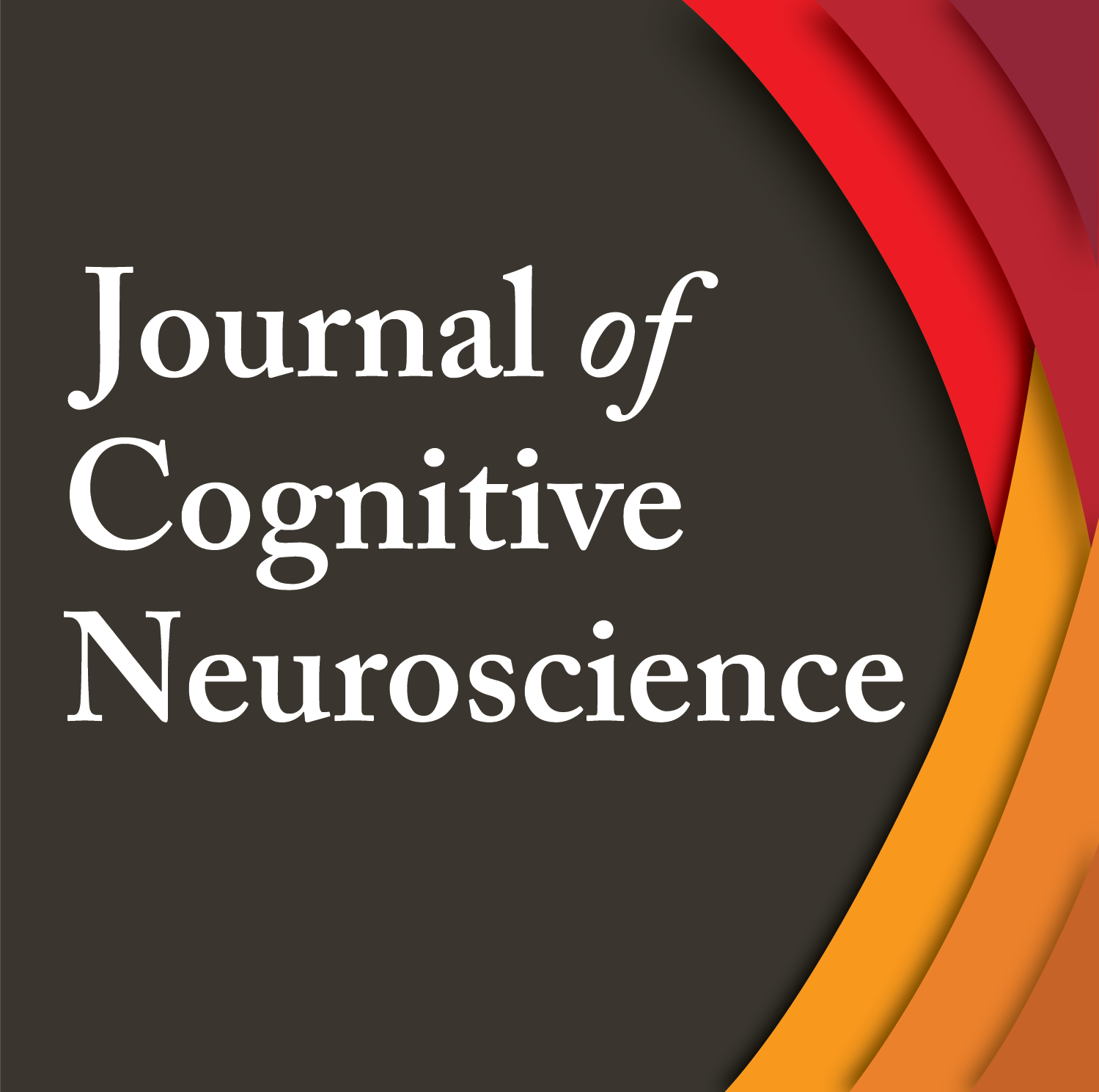Abstract
Dopaminergic genes play an important role in cognitive function. DRD2 and DARPP-32 dopamine receptor gene polymorphisms affect striatal dopamine binding potential, and the Val158Met single-nucleotide polymorphism of the COMT gene moderates dopamine availability in the pFC. Our study assesses the role of these gene polymorphisms on performance in two rule-based category learning tasks. Participants completed unidimensional and conjunctive rule-based tasks. In the unidimensional task, a rule along a single stimulus dimension can be used to distinguish category members. In contrast, a conjunctive rule utilizes a combination of two dimensions to distinguish category members. DRD2 C957T TT homozygotes outperformed C allele carriers on both tasks, and DARPP-32 AA homozygotes outperformed G allele carriers on both tasks. However, we found an interaction between COMT and task type where Met allele carriers outperformed Val homozygotes in the conjunctive rule task, but both groups performed equally well in the unidimensional task. Thus, striatal dopamine binding may play a critical role in both types of rule-based tasks, whereas prefrontal dopamine binding is important for learning more complex conjunctive rule tasks. Modeling results suggest that striatal dopaminergic genes influence selective attention processes whereas cortical genes mediate the ability to update complex rule representations.

